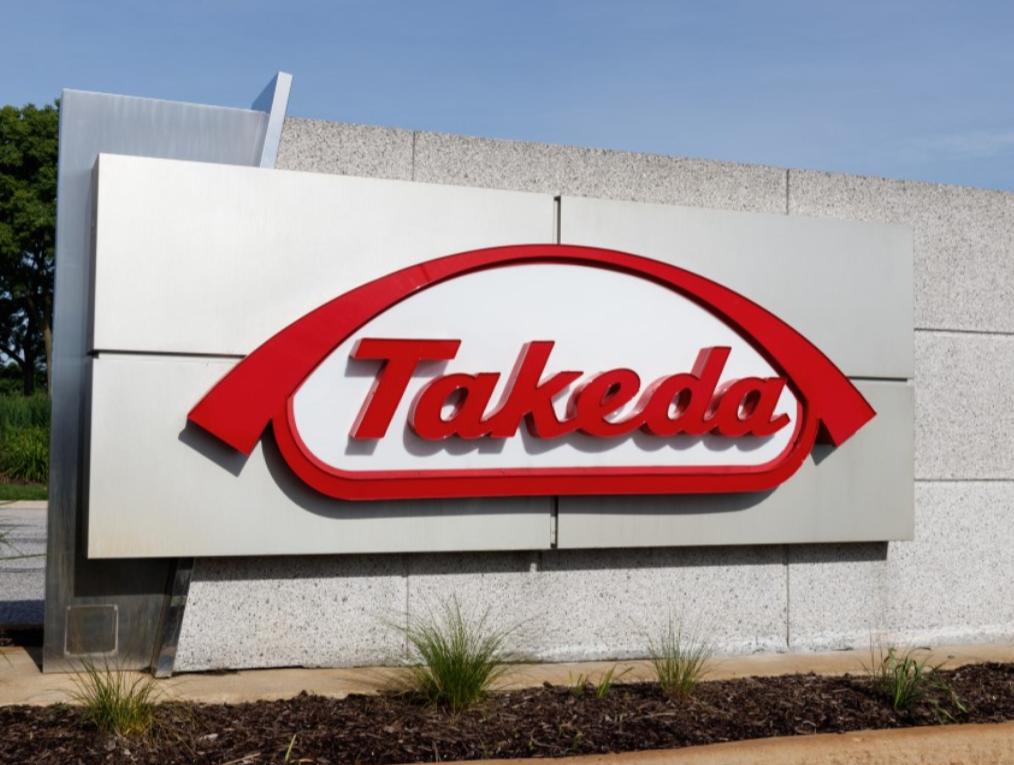Synopsis:
-The FDA recommended Takeda run an additional clinical study to resolve its questions around Eohilia, an oral suspension formulation of the corticosteroid budesonide, in eosinophilic esophagitis. (Takeda)
– The rejection nixed the former Shire drug’s hope of becoming the first FDA-endorsed treatment for eosinophilic esophagitis, a chronic inflammatory disease of the esophagus. Given the Takeda flop, Sanofi and Regeneron’s blockbuster injection Dupixent now appears the closest to claim that industry-first title. The partners plan to file for regulatory approvals in 2022.
After missing a decision deadline in April, the FDA has rejected Takeda’s Eohilia, an oral suspension formulation of the corticosteroid budesonide, the company said Tuesday.
The rejection nixed the former Shire drug’s hope of becoming the first FDA-endorsed treatment for eosinophilic esophagitis, a chronic inflammatory disease of the esophagus. Given the Takeda flop, Sanofi and Regeneron’s blockbuster injection Dupixent now appears the closest to claim that industry-first title. The partners plan to file for regulatory approvals in 2022.
Budesonide is a popular drug used in different forms to treat various inflammatory diseases. For Eohilia, also coded TAK-721, Takeda formulated the drug to target the esophagus. Eosinophilic esophagitis affects about 1 in 2,000 people in the U.S. by Takeda’s estimate, with many cases going undiagnosed or untreated. Citing the unmet need and its own experience in gastrointestinal diseases, Takeda thought the drug could deliver $300 million to $500 million in peak sales.

Takeda’s Eohilia Suffers Another Set Back FDA rejection after Mysterious Delay
But that’s not to be—at least for now. After the rejection, Takeda is studying the details of the complete response letter and evaluating a regulatory path forward, Ramona Sequeira, Takeda’s president of U.S. business unit and global portfolio commercialization, said in a statement without specifying what bothered the FDA.
After the FDA missed its regulatory review deadline on Eohilia this summer, Takeda R&D chief Andy Plump, M.D., Ph.D., said the company was working to respond to the FDA’s information requests.
Now, one thing is clear: The FDA recommended Takeda run an additional clinical study to resolve its questions.
Takeda had conducted two phase 3 trials for Eohilia. In the ORBIT 1 study testing 2 mg of Eohilia twice daily, the drug topped placebo in improving histologic and symptomatic responses after 12 weeks. The medicine also showed improvements in a patient’s ability to swallow and on an endoscopic outcomes score. In the ORBIT 2 long-term outcomes trial, investigators found that continuing Eohilia treatment after the 12-week induction period numerically improved maintenance of efficacy over withdrawal.
In fact, Takeda had already started preparing the market for Eohilia’s launch with an eosinophilic esophagitis disease awareness campaign targeting doctors.
Apart from Eohilia, several biologics are also eyeing the eosinophilic esophagitis market. In October, Sanofi’s Dupixent claimed its second phase 3 trial win in the inflammatory disease. The IL-4/13 inhibitor topped placebo on some of the same markers used in the Eohilia trials, including patient-reported change in difficulty swallowing and reduction in inflammatory immune cell counts at 24 weeks.
Sanofi is following patients from the two trials into a 28-week long-term extension study. The French pharma plans to have those results and file with the FDA in 2022.
Meanwhile, AstraZeneca is testing asthma therapy Fasenra in eosinophilic esophagitis in the phase 3 MESSINA trial. Bristol Myers Squibb’s IL-13 antibody cendakimab (CC-93538), inherited from the Celgene merger, is also in phase 3 testing.

